Artificial intelligence (AI) is no longer foreign to the general public. If you’re reading this article because you clicked the link on Twitter, you likely came across at least one AI-based creation on your social media feeds in the past month. Integrating AI into our daily lives is becoming increasingly common in various industries, including entertainment.
AI has been heavily used in the entertainment industry in the production of visual effects. In recent years, AI algorithms have been employed to generate complex visual effects in television shows, such as The Mandalorian. In this series, AI technology was used to recreate the highly realistic image of a young Luke Skywalker and synthesize his voice with great detail. While some see the use of AI in the entertainment industry as a valuable tool that can enhance the creative process and revolutionize visual effects production, others worry about the potential displacement of “traditional” production methods and the loss of jobs for those working in the industry.
Does History Repeat Itself?

Some people have drawn comparisons between the use of AI in the entertainment industry and two significant technological developments in the past: sound and CGI. In the 1920s, filmmakers and actors were concerned that introducing sound would make actors obsolete, as audiences were accustomed to focusing on physical gestures and facial expressions. Similarly, in the 1990s, the emergence of CGI led to concerns that practical effects in cinema would be replaced by computer-generated imagery and actors would be replaced by computer-generated characters.
However, using AI in the entertainment industry is a different matter entirely. While it may be a helpful tool, it is not necessarily “necessary.” It can be used as an excuse for major studios to replace human labor with algorithms, as it is often cheaper. This is not a far-fetched possibility, as we have seen reports of companies such as Warner seeking to reduce their tax expenses.
The poor performance of projects like Facebook Metaverse and the NFT craze of the early 2020s suggests that our current obsession with AI may be detrimental due to an overreliance on technology and a belief in its ability to solve all problems. This can lead to a lack of critical thinking and neglect of necessary ethical considerations. Fortunately, directors like Christopher Nolan and Damien Leone are pushing back against this trend and promoting practical effects to enhance the viewing experience and make moviegoers fall in love again with practical effects.
It is up to the entertainment industry and its stakeholders to ensure that AI adoption is done responsibly and ethically, considering the values and concerns of all parties involved. Ultimately, the role of AI in the entertainment industry will depend on how it is used and the priorities of those who implement it.







